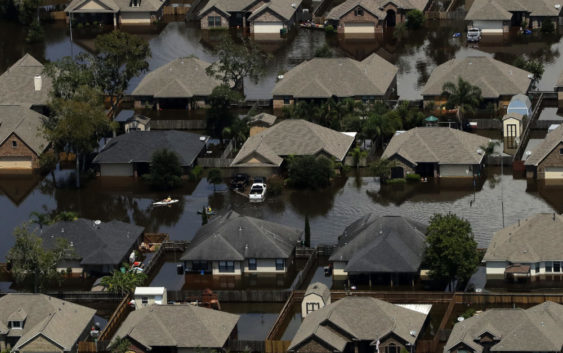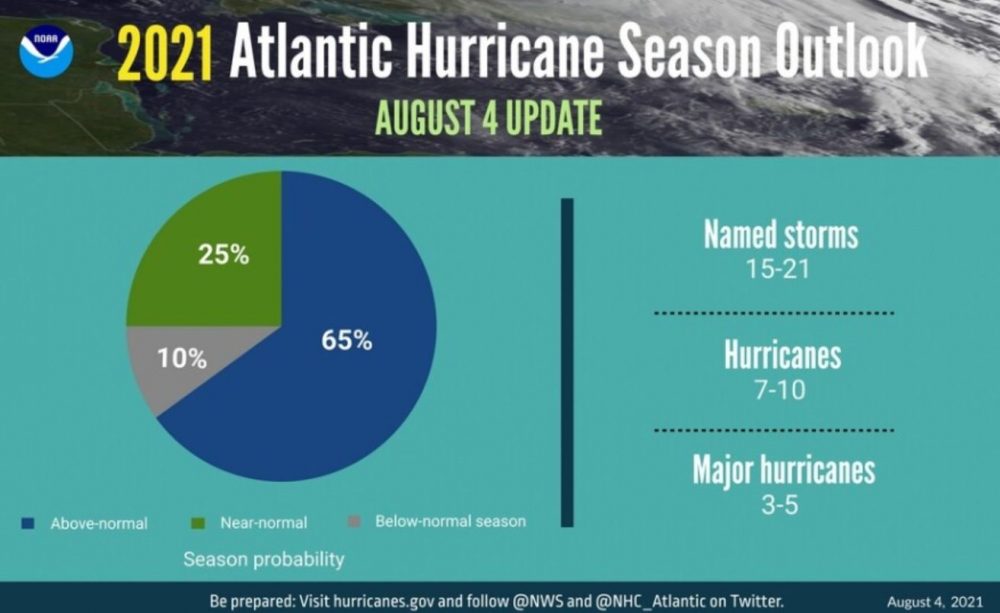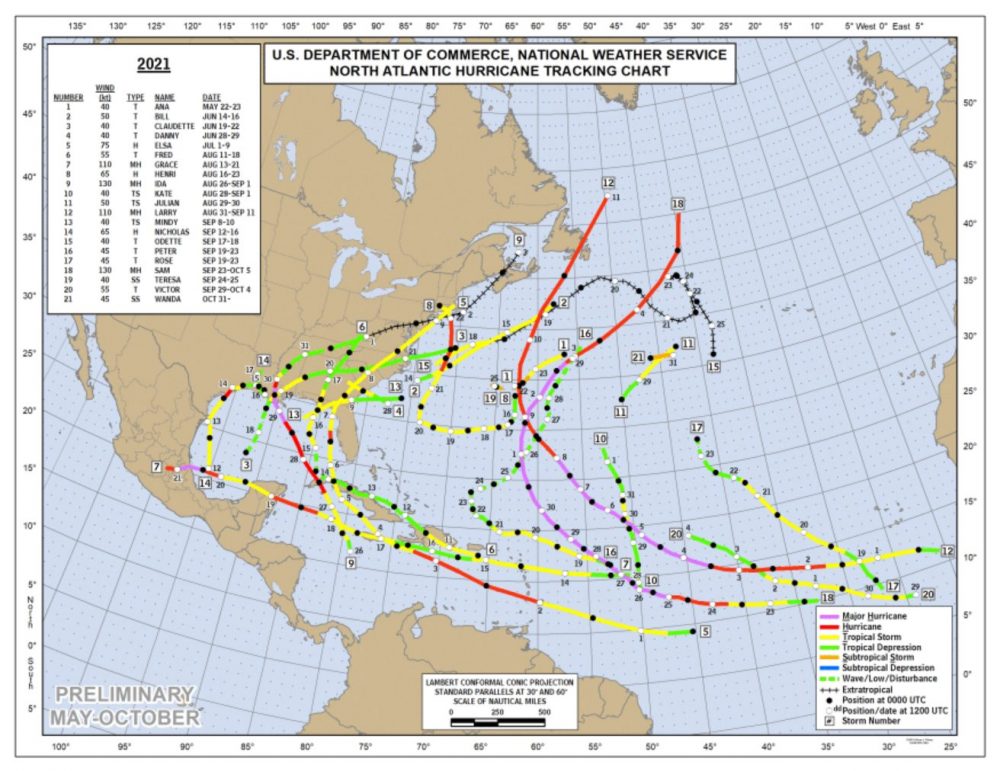- Rock Hill storm damage costs are 'somewhere around $5 million.' That number doesn't include damage to personal property
- Rock Hill storm damage costs are 'somewhere around $5 million.' That number doesn't include damage to personal property
- ‘Somewhere around $5 million’ | Rock Hill officials see major storm damage costs
- The deadliest tornadoes to ever hit Austin
- Whiteville resident recalls events from Tuesday nights tornado
2021 Atlantic hurricane season ends as third most active on record

Tuesday marks the end of the 2021 Atlantic Hurricane Season, which started on June 1.
“It was an active season,” said Texas state climatologist John Nielsen-Gammon. “We’ve had 21 named storms. Usually, it’s in the lower teens on average and seven of those made it to hurricane status, with four major hurricanes. For the most part it stayed away from the United States, except unfortunately for Hurricane Ida which slammed into Louisiana.”
That’s in line with theNational Oceanic and Atmospheric Administration’s updated forecast released in August. It said there would be 15 to 21 named storms, 7 to 10 hurricanes, and three to five major hurricanes.

But, even though21 named storms are considered a busy season, that’s still not as many as last year.
“There were 30 named storms last year so that broke the record,” said Dan Reilly, a meteorologist with the National Weather Service in Houston. “2005 was fairly close to 2020. That was the only season that was anywhere near what we saw last year. 2005 had Rita, Katrina, and other storms, and there were actually more hurricanes in 2005 than 2020. But, in terms of the number of named storms, 2020 broke the record.”
In 2005, there were 28 storms. That makes the 2021 Atlantic hurricane season the third most active on record. Reilly called it “remarkable” to have two back-to-back active hurricane seasons.
He said the most powerful named storm of this year’s season was Hurricane Ida, which made landfall in Louisiana in late August. The only storm to impact Texas was Nicholas, a Category 1 hurricane that hit the coast in mid-September along the eastern part of the Matagorda Peninsula.
Nicholas later weakened to a tropical storm and ended updowngrading to a tropical depression.

“Even though Nicholas produced a lot of wind and power outages, it was a tropical storm as it moved through the Houston area. So in some ways Houston dodged a bullet again in that we didn’t get a stronger hurricane and get a more direct hit,” said Reilly, who added it could have been worse for Texas.
He said while coastal communities like Lake Jackson and Sargent were hard hit, “All in all we were spared this year.”
While the official end to hurricane season is Nov. 30, Reilly said it’s always a possibility that there could be additional storms in December, though it’s rare.
Subscribe to Today in Houston
Fill out the form below to subscribe our new daily editorial newsletter from the HPM Newsroom.